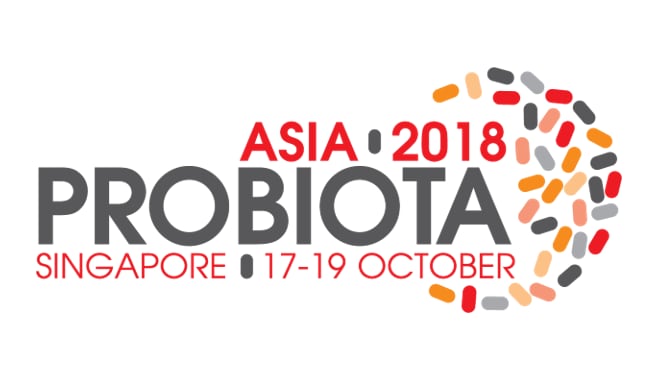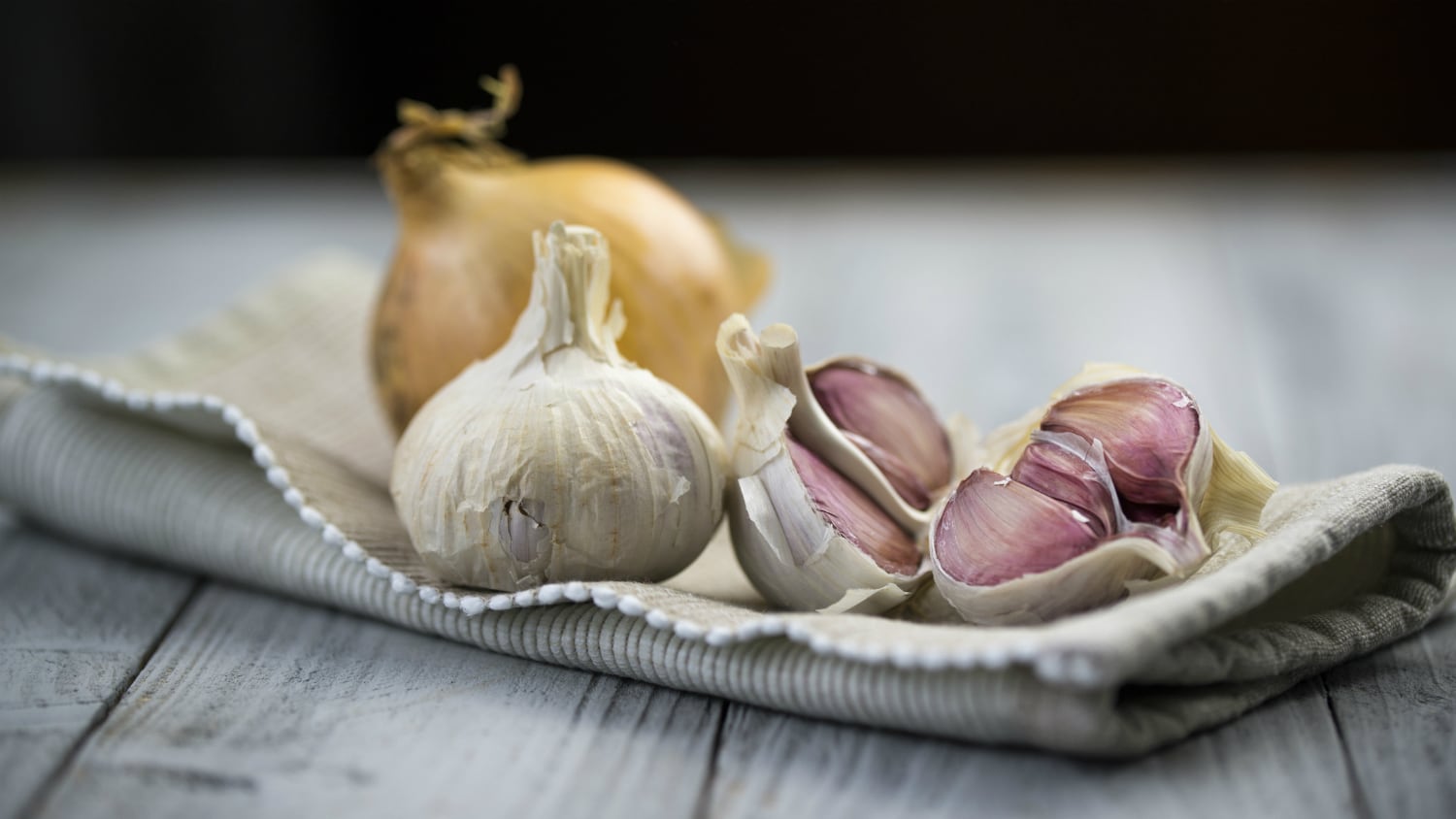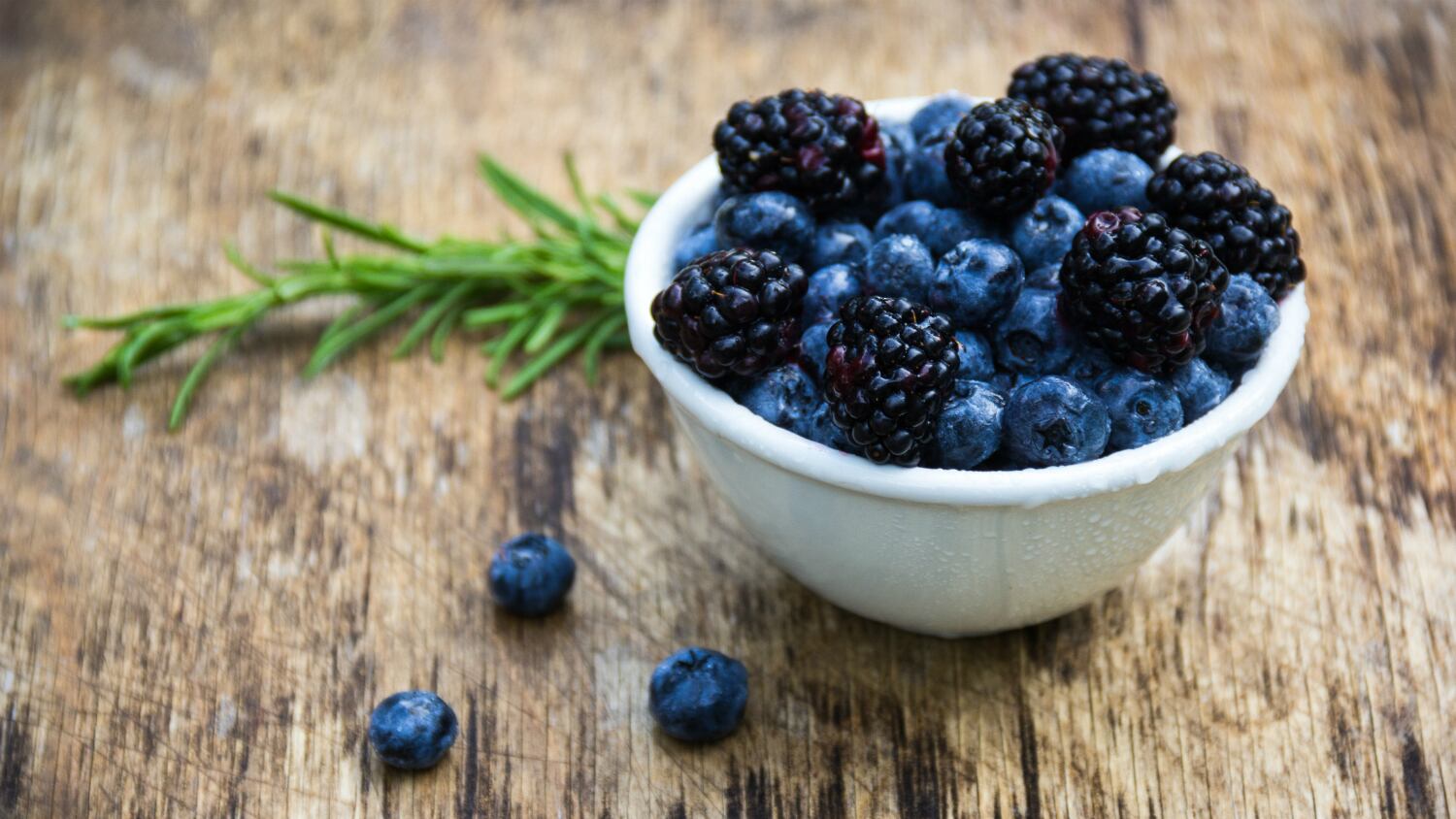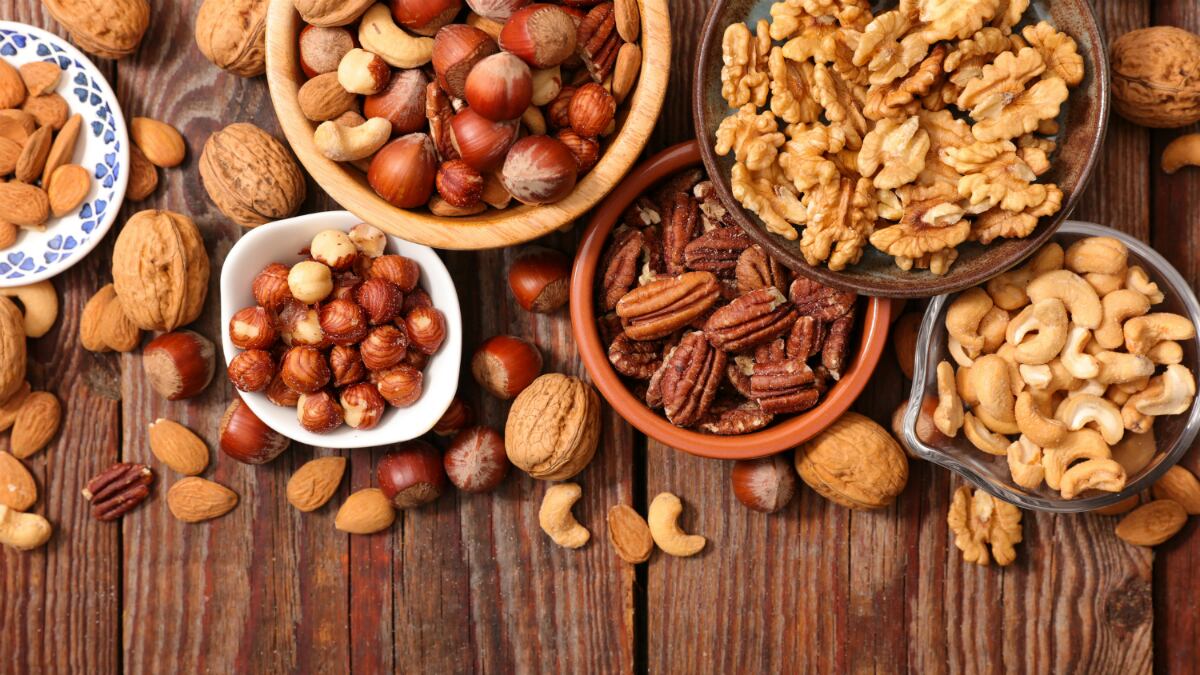
The region's leading probiotic and microbiome event — Probiota Asia — will get underway in Singapore this month with a stellar line-up of speakers, including the likes of Blackmores, Danone, Herbalife and Life-Space, set to take to the stage.
There has been little to no research on the anti-obesity, lipid-lowering functions of garlic oil and onion oil Researchers at Southeast University and the Nanjing University of Traditional Chinese Medicine conducted a study to assess the impact of garlic oil and onion oil on serum lipid levels in rats with hyperlipidaemia.
Oils to fight obesity
They used 96 male rats, which they randomly divided into eight groups: the normal control group, the hyperlipidaemia model group given water (HFD-A), the hyperlipidemia model group given Tween 80 — or Polysorbate 80, a non-ionic surfactant and emulsifier used to break up lipid molecules — (HFD-B), the low-, moderate- and high-dose garlic oil groups and the low- and high-dose onion oil groups (treated with 46.3mg/kg of body weight /d and 92.6 mg/kg of body weight).
The rats in low-, moderate- and high-dose treatment groups received repeated oral administration of volatile oils extracted from garlic and onion for 60 days, and the researchers measured their serum lipids and parameters of obesity.
After 60 days, they reported that the volatile oils managed to suppress high-fat diet-induced weight gain and had a tendency to lower adipose tissue weight.
In addition, the oils also increased the serum level of HDL cholesterol "compared with the rats in the hyperlipidaemia model groups. The oils were also effective at improving the lipid profile and alleviating hepatic steatosis".
While the weight gains in the high-fat diet groups were significantly higher than those in the normal chow group, the weight gains in the supplemented groups were normalised to or lower than those in the normal chow group.
More specifically, the ratio of adipose tissue weight to body weight and the ratio of liver weight to body weight was higher in the HFD-B group than the normal chow group, and markedly lower in the groups supplemented with garlic oil and onion oil than in the HFD-B group.
The researchers added: "Our data demonstrated that garlic oil and onion oil improved the lipid profile by lowering serum total cholesterol, triglyceride, and LDL cholesterol concentrations compared with the HFD-B group".
Furthermore, the serum total cholesterol concentration in the rats in the HFD-A group increased by 88.9% compared with the normal chow group, but the serum total cholesterol concentrations of the rats in the high-dose garlic oil and high-dose onion oil groups decreased by a respective 38.1% and 19.6%, compared with the HFD-B group.
At the same time, the serum triglyceride concentration of the rats in the HFD-A group increased by 76.8% compared to the normal chow group, and the serum triglyceride concentrations of the rats in the high-dose garlic oil and high-dose onion oil groups decreased by a respective 20.6% and 35.1%, compared with the HFD-B group.
Human potential
These findings indicate that garlic oil and onion oil may have anti-obesity and hypolipidaemic effects in humans, "as onions and garlic are sustainable resources, and many components in their volatile oils have high application value".
Apart from their typical use as food ingredients, they can also have medicinal and additive applications, broadening their development prospects.
In conclusion, the researchers wrote: "This study may have important implications because it is the first report demonstrating that garlic oil and onion oil have anti-obesity effects and improve the lipid profile in high-fat diet fed rats.
"However, further study is needed to investigate which compounds in garlic oil and onion oil are responsible for the effects, as well as to determine the molecular mechanisms responsible for the anti-obesity and hypolipidaemic activities."
Source: Nutrition & Metabolism
https://doi.org/10.1186/s12986-018-0275-x
"Anti-obesity and Hypolipidemic effects of garlic oil and onion oil in rats fed a high-fat diet"
Authors: Chao Yang, et al.



